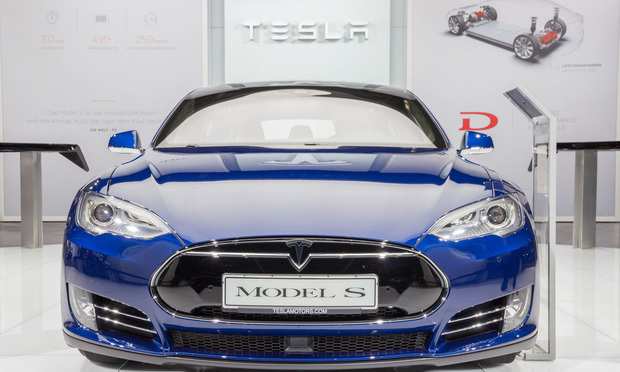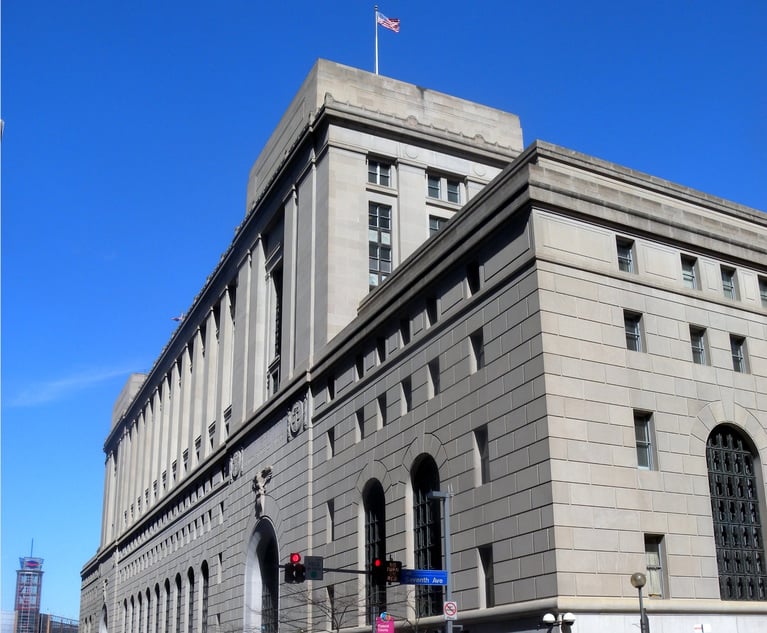The prescience of good science fiction is impressive. Consider the transportation landscape. Your grandmother uses Uber, our cities have been invaded by Silicon Valley-reared scooters and those so inclined will be able to take a “flying car” from New York City to Philadelphia in less than a decade. We’ve long known the way we get around is changing, but the pace and novelty of the transformation has been startling.
The vehicle in your neighbor’s driveway is “Exhibit A.” Not long ago, its interior might have boasted USB and auxiliary ports, along with a CD player. Today, you might find a vehicle developed by Elon Musk and his engineers, featuring a massive touch-screen console and an ability to park, change lanes, brake and even drive from point A to point B without much driver input. We are all seeing more Teslas on the road. Indeed, the company’s new vehicle sales have risen 900% between 2015 and 2019. This sea change, however, is not limited by brand. Deloitte, in a recent electric vehicle market report, estimates that electric vehicles will continue to precipitously and indefinitely secure increased market share in the new vehicle market, both here and abroad. The continued rise of electric and autonomous vehicle technology is an inevitability.
This content has been archived. It is available through our partners, LexisNexis® and Bloomberg Law.
To view this content, please continue to their sites.
Not a Lexis Subscriber?
Subscribe Now
Not a Bloomberg Law Subscriber?
Subscribe Now
LexisNexis® and Bloomberg Law are third party online distributors of the broad collection of current and archived versions of ALM's legal news publications. LexisNexis® and Bloomberg Law customers are able to access and use ALM's content, including content from the National Law Journal, The American Lawyer, Legaltech News, The New York Law Journal, and Corporate Counsel, as well as other sources of legal information.
For questions call 1-877-256-2472 or contact us at [email protected]


 European debut of the Tesla model S P90D at the IAA 2015. Credit: VanderWolf Images/Shutterstock.com
European debut of the Tesla model S P90D at the IAA 2015. Credit: VanderWolf Images/Shutterstock.com




